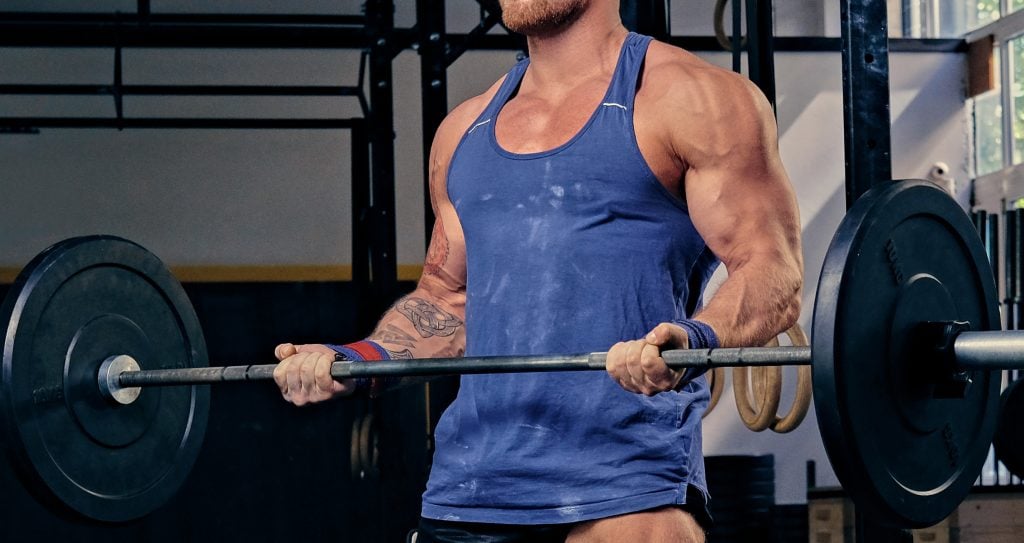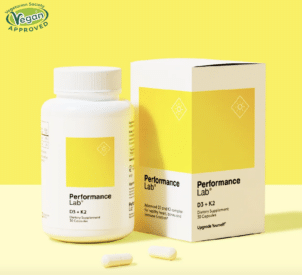What does this vitamin do for your physique?
It’s probably good practice to make sure that besides smashing protein shakes and creatine, and chowing down a few pounds of chicken and rice each day that you curb what you’re not getting from food with a good supplement protocol. When choosing which supplements are actually going to be effective versus which supplements big companies want you to buy you just need to ask yourself one question: Is this a gimmick, or will this actually do anything for me? This goes for any supplement, from your pre-workout down to vitamin D.
That is actually what we are here to talk about, vitamin D. Of the several different types of vitamin supplements you can take, vitamin D3 is probably going to be the one that helps you progress the most in the gym. First of all, it’s actually one that you don’t need a supplement for if you’re lucky enough to live somewhere with tropical climates all year round, but for guys like me up in the Great White North (eh?) we would be lucky to be able to absorb vitamin D naturally for even 3 months out of the year. The reason why you want to make sure you are getting enough of this awesome vitamin is that the receptor (to which active vitamin d binds) is responsible for synthesizing hundreds of proteins and is also present in almost every cell in your body [1].
This is exciting because some of these receptors are also present in skeletal muscle, linked to processes involved in recovery, and (drum roll please) testosterone levels. Of course, it also plays a major role in immune function, but hey we’re here to get jacked.
What Vitamin D Helps With
Let’s take a look at the different things that vitamin D helps with.
Hypertrophy
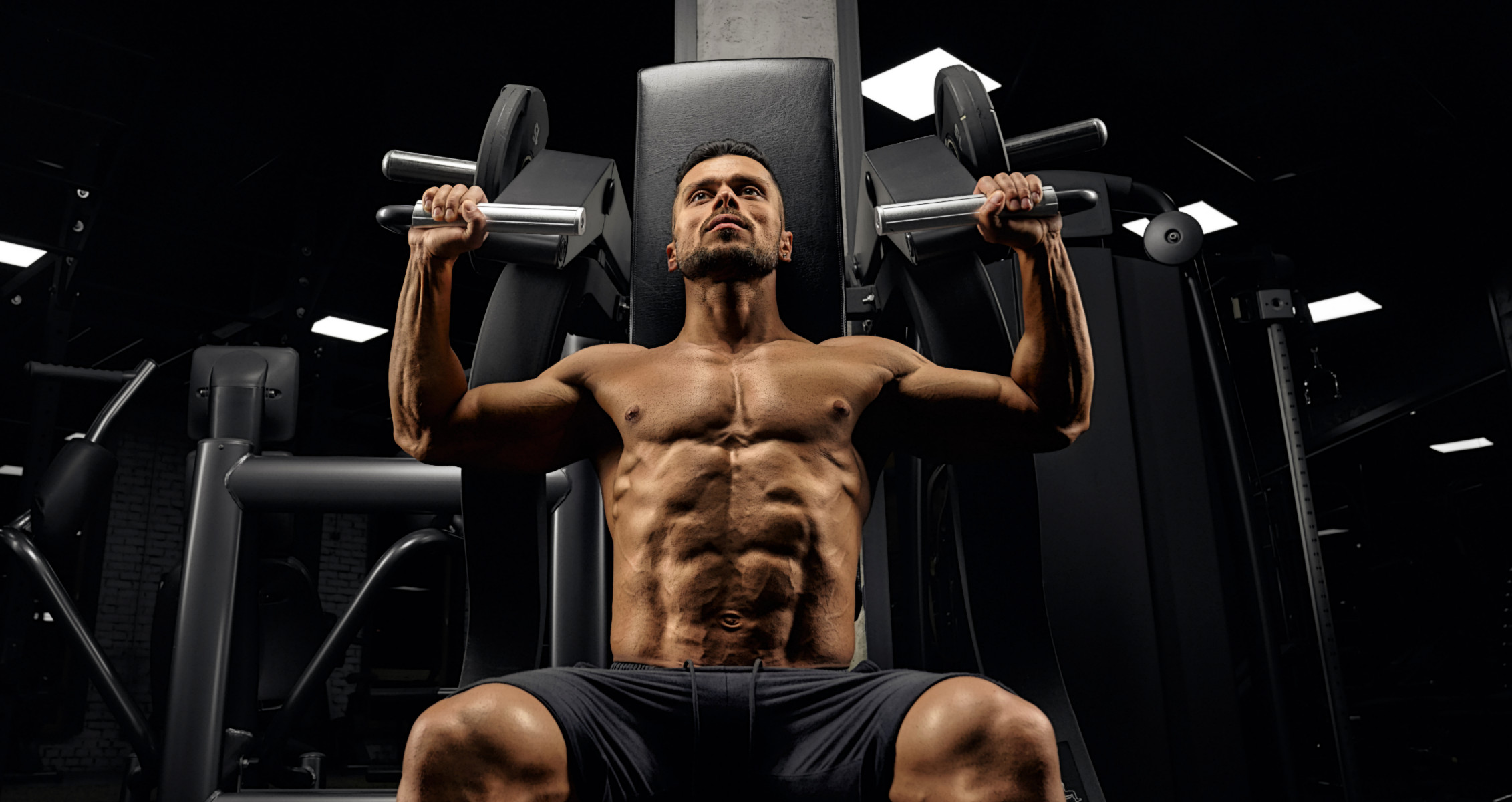
It’s unclear at this time if vitamin D has a direct effect on muscle hypertrophy, but several studies have shown there is potential for a noticeable increase in force and power production in athletes. The few studies that have shown some ability for vitamin d to help with hypertrophy have all been done in older, sedentary populations. Although a more recent 2020 study showed the positive role vitamin D receptor expression in skeletal muscle plays on “AKT/mTOR anabolic signaling, muscle protein synthesis, ribosomal biogenesis, and satellite cell activation.” all of which correlate with hypertrophy, and that “Based on these data, VDR expression maybe a robust marker of the hypertrophic response to resistance exercise.”[3].
This is a very exciting finding because the expression of vitamin D receptor expression and related enzymes were found without the use of vitamin d supplementation. That is also why I have a tough time right now saying that vitamin D supplementation can improve hypertrophy since we are just seeing a mechanism at work and have no idea if taking this vitamin would increase that expression or leave it unchanged. It is still very exciting for future research.
Vitamin D for Force & Power Production
So it looks like we’re still on the fence about whether we can see any significant hypertrophy benefits with vitamin D, but what is interesting is that there seems to be some evidence to support an increase in strength and power. You might not see a difference in 1 rep maxes after taking it, but it does look like there is still a significant improvement especially in the lower body [2].
It would be very interesting to see if what the results would be in highly trained populations – I would think we could still have positive results depending on the vitamin D status of the individual. Especially in a sport like bodybuilding where a significant amount of time is dedicated to being indoors, however even in a scenario where a bodybuilding athlete does spend time outdoors, as I mentioned above, location is everything. In fact, it seems like over 77% of the population in America is vitamin D deficient [4].
That fact alone (which is most likely even a conservative figure) would be enough to assume that most people reading this could benefit from taking a vitamin D supplement. Also, the papers that we have showing the benefits on strength and power in athletes was done in those that had low levels previous to the test which as we saw is not that uncommon. Unfortunately, these tests weren’t done directly on lifts – even though all of us would love to read that taking this supplement would skyrocket your bench or squat up, but the results are still widely applicable.
Several studies have shown a direct benefit to correcting athletes’ levels of vitamin D and the improvements on vertical jump as well as 10 meter sprint times [5]. These improvements are very exciting as most athletes are tested on these metrics a few times per year, and the vertical jump specifically has been used as a way to measure central fatigue from one workout to the next and is often used by coaches at the beginning of training to determine training volume and intensity for the day [6].
Vitamin D for Recovery & Testosterone
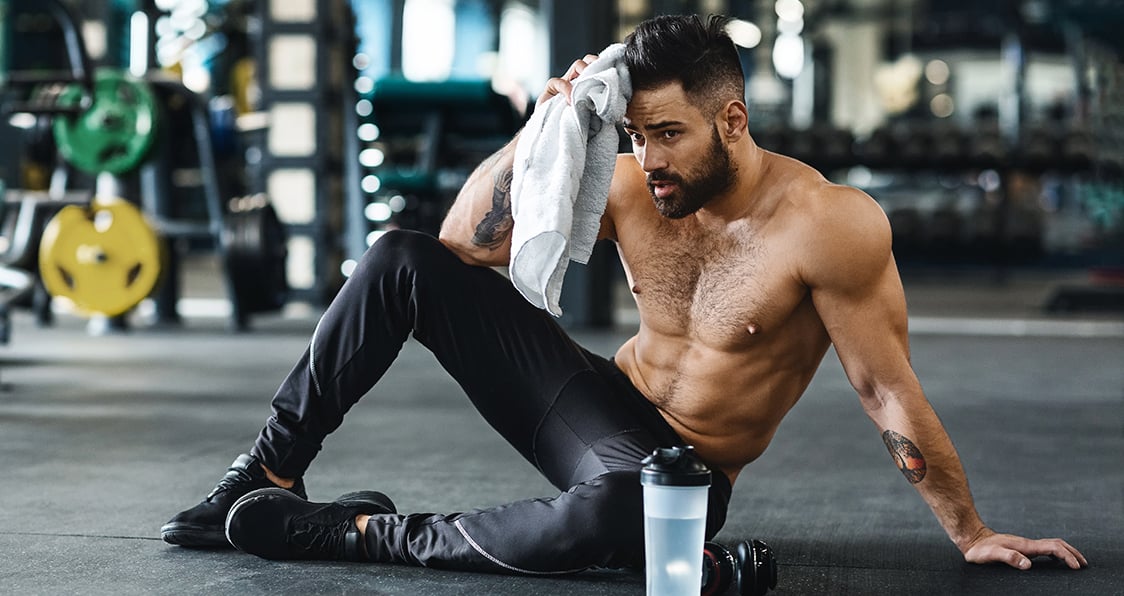
The reason I’ve grouped these two together is because your ability to recover is influenced by several factors, and an inability to recovery adequately can lead to a drop in testosterone along with a rise in estradiol and changes in immune function [7]. Vitamin D becomes an interesting topic in this context because it has both an effect on the immune system as well as an apparent effect on several markers of testosterone.
In terms of recovery, this is where I think we can make an argument for increased gains while supplementing with vitamin D. Keep in mind that if you can recover faster and more efficiently, you can also have, on average, higher effort workouts which then can lead to more significant progress. Inflammation post workout is a normal process and in general we want this to happen in order to carry vital nutrients to the damaged muscle, however, too much inflammation (which is an immune response) can do the opposite.
Too much damage can create a net loss of protein in which muscle-protein breakdown is higher than muscle-protein synthesis. However, it seems that while taking 4,000 iu/day of vitamin D, the inflammatory response was reduced immediately post training in participants performing a workout of 10 sets of 10 reps of peak isometric force eccentric-concentric jumps [8]. What would be great is if the research gets far enough were we can test it in advanced lifters.
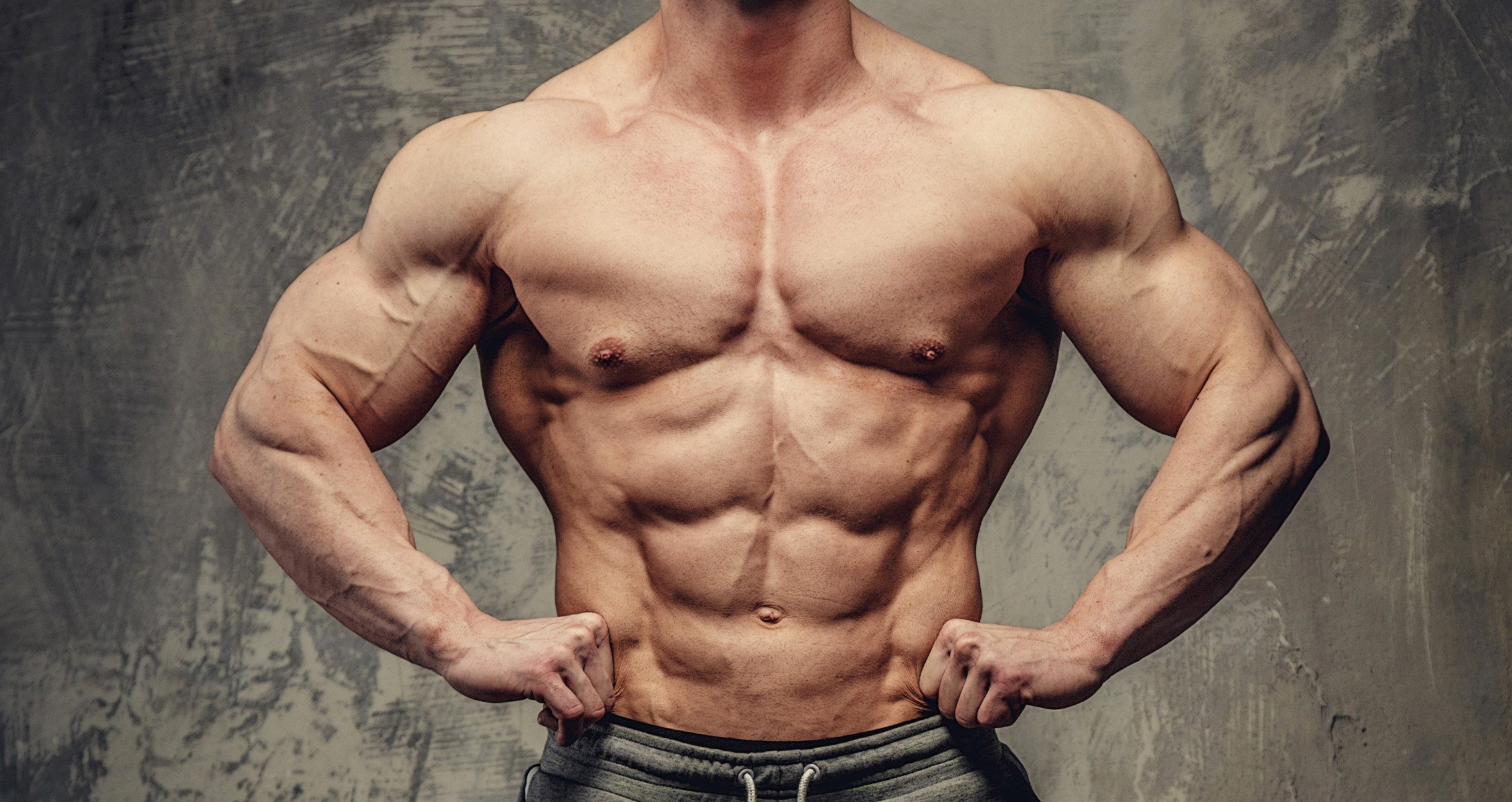
Alright, I think this is where most of you will start to perk up; can vitamin D3 raise testosterone naturally. It looks like there are actual positive benefits on testosterone! With this hormone there are a few things to consider before jumping the gun on the benefits: Are you within standard lab ranges, is the circulating testosterone bound up or free (and therefore biologically active), and are you converting it to estradiol through aromatization. In each of these circumstances, vitamin D seems to have a benefit being able to increase total testosterone, bioactive testosterone, as well as free testosterone [9].
Now, this won’t increase testosterone passed physiological levels like testosterone replacement therapy (TRT) or steroids would, but the fact that an increase in circulating vitamin D and testosterone both correlate well is an incredible find. What we are still unsure about is if the increase in testosterone is direct or indirect, through animal studies we have also found that the increase in testosterone can be explained by two potential reasons: a decrease in aromatization and enhanced androgen binding which in either case can be hugely positive to both recreational and high level bodybuilding [10].
Our Favorite Vitamin D Supplement
Final Word
If you didn’t think so before, you might want to start considering vitamin D3 as a regular part of your supplement routine. That’s not to say that it is some kind of miracle vitamin and you should understand that there are also toxicity concerns that come with taking too much of any fat-soluable vitamin (A,D,E,K).
In the studies referenced above most doses were within 3,000 – 5,000 IU/day, but these participants were followed thoroughly during the studies. It looks like vitamin D3 has some some positive effects on force and power output, but nothing in the realm of lifting power has been tested yet. In terms of hypertrophy, the paper released this year by Bass et al. has some very promising results that we can hope to see pursued in the future. Finally, the effect vitamin D3 shows on attenuation of inflammation and the possibility of naturally increasing testosterone levels while potentially decreasing aromatization is probably one of the main reasons I personally take this vitamin.
As with anything else you might take, please do your research and speak to a healthcare professional in order to find out of this vitamin is right for you to take.*
Let us know what you think in the comments below. Also, be sure to follow Generation Iron on Facebook, Twitter, and Instagram.
References:
[1] Norman, Anthony W. “From vitamin D to hormone D: fundamentals of the vitamin D endocrine system essential for good health.” The American journal of clinical nutrition 88, no. 2 (2008): 491S-499S.
[2] Beaudart, Charlotte, Fanny Buckinx, Véronique Rabenda, Sophie Gillain, Etienne Cavalier, Justine Slomian, Jean Petermans, Jean-Yves Reginster, and Olivier Bruyère. “The effects of vitamin D on skeletal muscle strength, muscle mass, and muscle power: a systematic review and meta-analysis of randomized controlled trials.” The Journal of Clinical Endocrinology & Metabolism 99, no. 11 (2014): 4336-4345.
[3] Bass, Joseph J., Asif Nakhuda, Colleen S. Deane, Matthew S. Brook, Daniel J. Wilkinson, Bethan E. Phillips, Andrew Philp et al. “Overexpression of the vitamin D receptor (VDR) induces skeletal muscle hypertrophy.” Molecular metabolism 42 (2020): 101059.
[4] Ogan, Dana, and Kelly Pritchett. “Vitamin D and the athlete: risks, recommendations, and benefits.” Nutrients 5, no. 6 (2013): 1856-1868.
[5] Close GL, Russell J, Cobley JN, Owens DJ, Wilson G, Fraser WD, et al. “Assessment of vitamin D concentration in non-supplemented professional athletes and healthy adults during the winter months in the UK: implications for skeletal muscle function.” J Sports Sci. 2013;31:344–53.
[6] Watkins, Casey M., Saldiam R. Barillas, Megan A. Wong, David C. Archer, Ian J. Dobbs, Robert G. Lockie, Jared W. Coburn, Tai T. Tran, and Lee E. Brown. “Determination of vertical jump as a measure of neuromuscular readiness and fatigue.” The Journal of Strength & Conditioning Research 31, no. 12 (2017): 3305-3310.
[7] Cadegiani, Flavio A., and Claudio E. Kater. “Basal hormones and biochemical markers as predictors of overtraining syndrome in male athletes: the EROS-BASAL study.” Journal of athletic training 54, no. 8 (2019): 906-914.
[8] Barker T, Schneider ED, Dixon BM, Henriksen VT, Weaver LK. “Supplemental vitamin D enhances the recovery in peak isometric force shortly after intense exercise.” Nutr Metab (Lond). 2013;10:69.
[9] Pilz S, Frisch S, Koertke H, Kuhn J, Dreier J, Obermayer-Pietsch B, et al. “Effect of vitamin D supplementation on testosterone levels in men.” Horm Metab Res. 2011;43:223–5.
[10] Kinuta K, Tanaka H, Moriwake T, Aya K, Kato S, Seino Y. “Vitamin D is an important factor in estrogen biosynthesis of both female and male gonads*.” Endocrinology 200AD, 141:1317–324.
James Tognarini is an n.d and not a physician or registered dietitian. The contents of this article should not be taken as medical advice. It is not intended to diagnose, treat, cure, or prevent any health problem – nor is it intended to replace the advice of a physician. Always consult your physician or qualified health professional on any matters regarding your health
